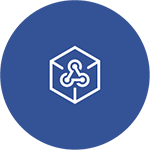Process Flow System for Manufacturing of Modular Volumetric Buildings
Automated modular solutions for the industrial construction market.
Our client, a key partner in the construction industry, wanted to build a solution that could streamline operations for the modular construction sector. The aim was to develop a scalable solution to produce custom modular units at their factory. Our team created an automated process specifically tailored for factory-built modular solutions. The system has a workflow mechanism where tasks can be assigned to different users and utilized by them as a to-do-list. Each task is equipped with essential features such as tags, images, and voice messages, providing clear and concise communication for project management. Our team provided services to the client for the following APIs:
Project Modules and Features
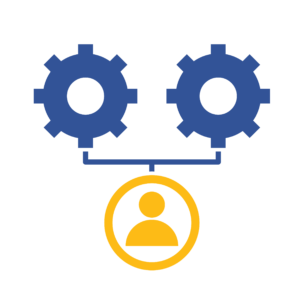
Directories/Entity System
Allows users to define custom data structures. Those structures can be used in different ways, such as creating templates, surveys, and forms. This system enables users to conveniently make data configurations that are used in various modules of the project.
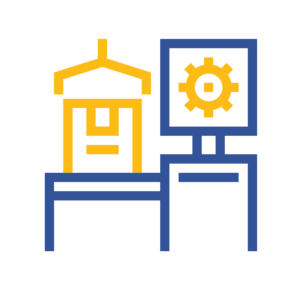
Production Station Management
The system manages different production lines, each with multiple stations where different activities are performed, followed by a QA. It also provides separate dashboards for QA and administrators. QA can get a bigger picture of the production, while the admin dashboard provides control over activity management issues.
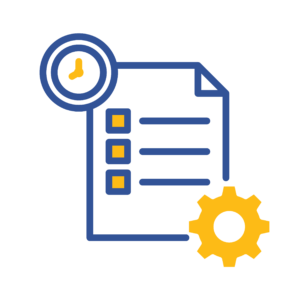
Task Management System
The system provides collaboration options through threaded comments, real-time updates, and email reminders. Users can set priorities, add tags, assign due dates, add images and audios, and attach files. Tasks can be forwarded to other users too.
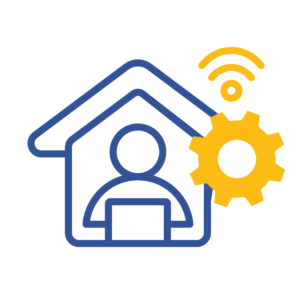
Smart Rooms Management System
The system provides an interface to control smart rooms having smart devices. Only reserved rooms are accessible, with user authentication performed via email or SMS. Once authenticated, users can control their booked room for the booking duration and easily access hotel amenities.
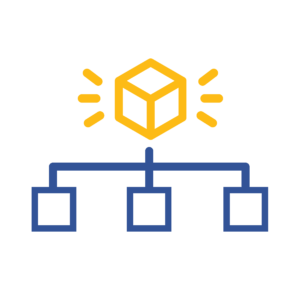
3D Models Management
Users can create building structures using 3D models of various assemblies or components. This data is used in production stations, where activities are performed on different assemblies. At the end, these assemblies combine to form a building.
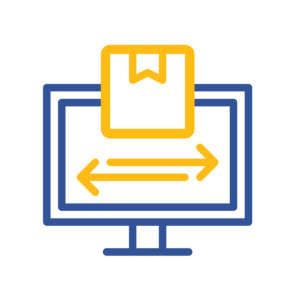
Purchase Order Automation
The system generates a purchase order and sends it to the user for review. Upon user approval, the order is routed to the Supplier. After that, the system monitors supplier emails, scans invoice documents, and uses AI to extract data, even from handwritten invoices. This data is added to the system for audit purposes. Similarly, if the totals don’t match, the system alerts the user via email.
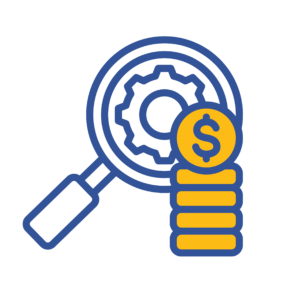
Cost Analytical Tool
The system includes a cost analytical tool that helps users analyze and estimate cost changes as they change various parameters to observe the cost impact. This also offers insights over finances through budgeting, forecasting, and reporting options.
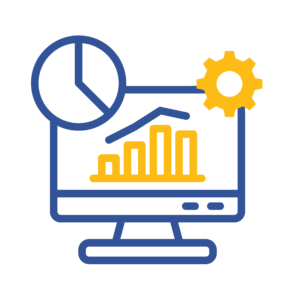
Reports Management System
The system offers a traveler report for the QA role, providing a quick glimpse of the production. Similarly, the time analysis report gives a picture of how much time was taken by each activity on a station.





